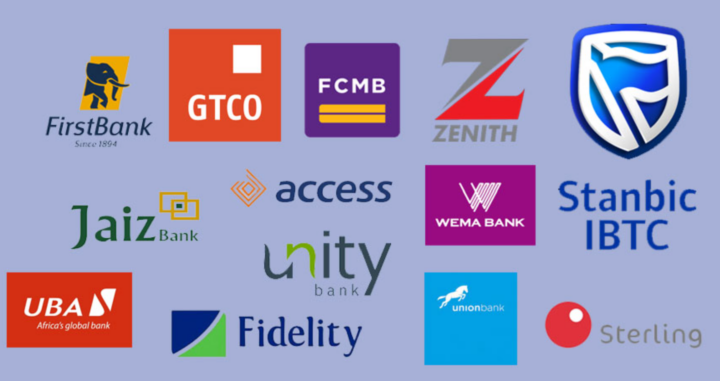Major Nigerian banks listed on the Nigerian Stock Exchange have reported a substantial increase in interest income during the first nine months of 2023, marked by a notable surge in their aggregate loan books, as revealed in data compiled by Infostride News from the unaudited financial statements of these financial institutions.
Specifically, the ten commercial banks that have released their Q3 financials, witnessed their loans to customers grow from N22.66 trillion recorded as of December 2022 to an impressive N31.1 trillion by the end of September 2023. This signifies a remarkable 37.3% increase during the review period. Simultaneously, customer deposits experienced a surge, rising by N18.6 trillion in the same period to reach N61.99 trillion, as opposed to the N43.37 trillion recorded at the close of December 2022.
In tandem with the surge in loans and deposits, interest income also witnessed a significant boost, totaling N4.18 trillion. This represents a substantial 65.9% increase from the N2.48 trillion recorded in the corresponding period of 2022. Additionally, net profit showed an impressive surge of 153% year-on-year, reaching N1.93 trillion in the nine-month period of 2023, compared to N762.6 billion in the previous year.

However, it is crucial to note that a significant portion of the net income may not be distributed as dividends to shareholders, following the directive from the Central Bank of Nigeria (CBN) to banks, restraining them from paying dividends from foreign exchange (FX) revaluation gains.
The robust performance of these banks can be attributed largely to the impact of the devaluation of the official exchange rate. The CBN’s decision to float the naira at the official Investors and Exporters window (IEFX) led to a depreciation of the official rate from an average of N465/$ to around N750/$. This move implies that the balance sheets of banks will remain sensitive to the dynamics of the exchange rate market due to their foreign assets and liabilities, which encompass deposits, debts, and loans extended to customers.
The naira witnessed a 39% depreciation between January and September 2023, and its downward trend has persisted, reaching as high as N1,100/$ in recent weeks. This suggests that banks could experience a further surge in their balance sheets before the end of the year.
In addition to the impact of FX revaluation on loans and interest income, banks have also benefited from increased revenue due to the high-interest rate environment. The CBN has maintained a tight monetary policy since 2022 to curb inflation, which has remained persistently high throughout the year. The CBN’s benchmark interest rate increased from 16.5% in December of the previous year to a record high of 18.75% in September 2023, while the prime lending rate stood at 14.32%, up from 13.85% in the reference period.
Among the major banks, UBA recorded the highest growth rate in terms of loans to customers, witnessing a remarkable 57% increase to N3.14 trillion. Zenith Bank, on the other hand, led in terms of nominal growth, with an increase of N1.9 trillion, reaching N5.78 trillion as of September 2023. Meanwhile, Access Bank maintained its position as the bank with the highest loans to customers, totaling N6.7 trillion, a 31% increase from N5.1 trillion recorded at the close of December 2022. Notably, all the banks, except for Unity Bank, experienced an increase in their loans to customers during the period under review. Unity Bank, however, saw a decline of 23%, with its loans standing at N222.79 billion, down from N289.36 billion at the beginning of the year.
In terms of interest income, Access Bank also took the lead among the listed banks, posting a total interest income of N1.04 trillion. Following closely were Zenith Bank and UBA, with incomes of N670.9 billion and N666.3 billion, respectively. GTCo recorded an interest income of N374.6 billion, while Fidelity Bank earned N324.8 billion. In contrast, Unity Bank recorded the least interest income among the banks, totaling N33 billion.
The reported financial performance of these major Nigerian banks underscores the resilience and adaptability of the banking sector in navigating the challenging economic landscape marked by currency devaluation and a high-interest rate environment. As the year progresses, market observers will closely monitor how these trends continue to shape the financial landscape and impact the overall economic outlook. Infostride News will continue to provide updates and in-depth analysis to keep its readers informed about the latest developments in the Nigerian banking sector.
Support InfoStride News' Credible Journalism: Only credible journalism can guarantee a fair, accountable and transparent society, including democracy and government. It involves a lot of efforts and money. We need your support. Click here to Donate
